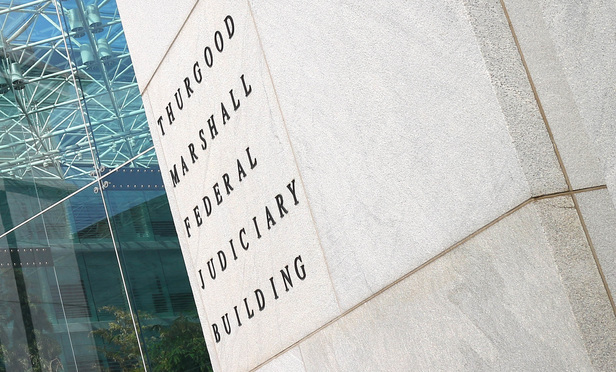Noah Schubert of Schubert Jonckheer & Kolbe said in an interview that they hired “experts with advanced degrees in computer science” to analyze PACER’s billing system after hearing reports of overcharging. Those experts created models that showed that the system was incorrectly billing users, he said.
“The statutes indicate that they’re only allowed to charge what is reasonably necessary to the public and so while there’s certainly a lot of debate about whether there should be charges to the public for using the system in the first place, we believe at the very least they should charge what they say they charge,” Schubert said.
In two largely identical lawsuits filed on Dec. 28 and 29 in the U.S. Court of Federal Claims and the U.S. District Court for the Western District of Washington, Fisher said he pulled up 184 case docket reports over the past two years and paid $109.40 for that access. He claims that if the judiciary had properly calculated the data in those reports, he should have only owed $72.40.
The judiciary has a process for users to seek refunds if they believe they’ve overpaid. Schubert said he did not believe that Fisher sought any refunds.
The judiciary has for years faced complaints that PACER fees are too high. There are some exceptions to those fees. The system doesn’t charge users who access less than $15 worth of records per quarter, and there is a maximum charge of $3 per document. Litigants and their lawyers get one free electronic copy of documents filed in their case. The system doesn’t charge for judicial opinions.
Some critics have attempted to find work-arounds to the fees. In 2009, the Center for Information Technology Policy at Princeton University launched RECAP The Law, an online program that archives federal court records and makes them available at no cost.
In 2014, the nonprofit Think Computer Foundation, the Think Computer Corp. and their founder Aaron Greenspan sued the federal judiciary in San Jose, California, federal district court over PACER fees. The plaintiffs said Congress authorized the judiciary to collect fees to the “extent necessary,” and that the court system had overstepped that authority. PACER had become “a highly profitable crutch to prop up the courts’ budget,” the plaintiff’s argued.
U.S. District Judge Jeffrey Miller dismissed the case in December 2014, finding that the complaint suffered from a series of procedural defects.
The judiciary also came under fire in 2014 for removing years of federal appeals court records from PACER. Officials restored access after lawyers, reporters, transparency advocates and Sen. Patrick Leahy, D-Vermont, then the chairman of the Senate Judiciary Committee, protested.
The federal judiciary launched PACER in 1988. Officials are in the process of rolling out a new version of the system, NextGen, that is meant to make it easier for users to access and file documents.



